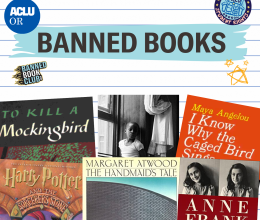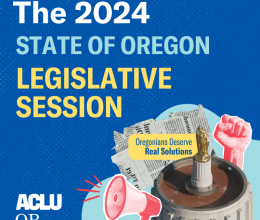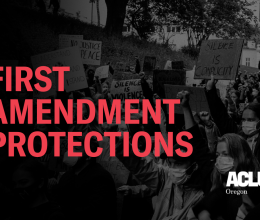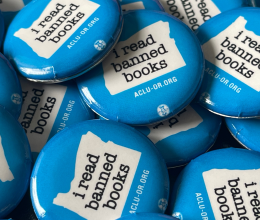
I volunteered and worked in educational spaces for nearly a decade early on in my career. I student taught and worked as a substitute teacher in the Hillsboro School District, before I was hired to teach 5th grade (and later 4th, and a 4th/5th blend for two years) in the Beaverton School District from 2017-2022. In my five years as a classroom teacher, I taught exclusively at Title I schools.
My classes of students were rich in diversity of background, languages spoken, gender identity, sexual orientation, race and ethnicity, family dynamics and makeup, abilities and disabilities and more. Integrating their personal and lived experiences into the books we read together, the lessons I taught and the activities we engaged in was an honor and a privilege I will not soon forget.
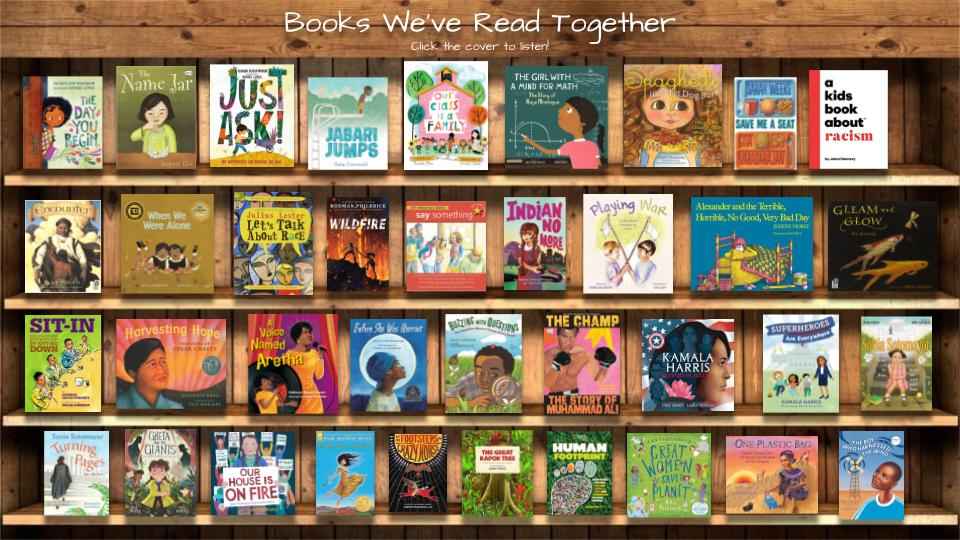
(Image: a digital bookshelf featuring a sample of children's books and novels that were read in my classroom from 2020 — 2021.)
Together, we studied TRUTH — we looked at Oregon and the country’s history of genocide and disenfranchisement of Native Americans, learned about the Trans Atlantic slave trade and how it led to the Civil Rights movement, redlining, and police brutality, and the establishment of labor unions. And we did so in tangent with all of the critical reading, writing, math and science standards expected and programmed. My students were never more engaged than they were when learning about real history, or reading books featuring characters that reminded them of themselves or someone they cared about, especially if those characters were not commonly featured as protagonists in children’s literature.
Teaching students to love reading and to think critically is an ART, and the path to being an avid reader is different for every student. Teachers and school librarians should not have to worry about being attacked by a small ignorant minority for their expert choices in providing titles that reflect the lived experiences of their students, or introduce them to new perspectives. Students should not be robbed of their autonomy and choice in their own learning experiences.
Senate Bill 1583 is critical and if the loud voices of the minority opposition are any indication, it is a needed and necessary step to protect Oregon students and schools from racist, homophobic, transphobic, radical right wing propaganda. Book bans have been used throughout time to erase the histories and lived experiences of nondominant cultures, the very lives of our most marginalized communities; of people of color, of LGBTQ2SIA+ peoples, of women, of progressive thinkers.
Book bans have no place in Oregon schools. Passing SB 1583 feels like a “no-brainer” and a way to protect the rights of young people to take ownership of their learning, and to read, learn and share ideas without discriminatory viewpoint-based censorship. And, we must protect educators and librarians and honor their professional expertise in this arena.
Oregon students must see that their leaders and communities are protecting their rights at all costs.
